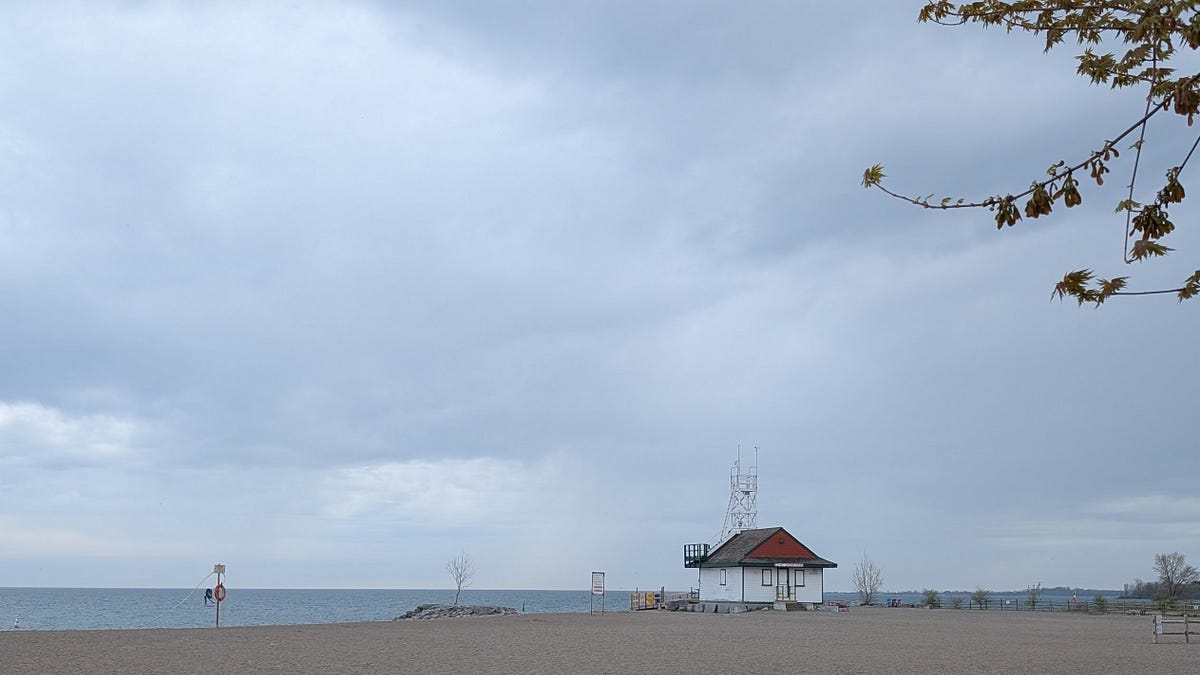Former housing minister:
not that I'm bitter ....
Disappointed personally but wishing the government every success.

www.uncommons.ca
... with this from the post:
View attachment 93280
Post also
archived here.
Just had a long talk last night at my daughters League 1 soccer game about the housing industry in Ontario in particular. The guy is completely connected in the industry, at the provincial home builders association level. Said that by the time we start building homes in the numbers that we need them right now that the entire problem will be gone away and that we'll most likely be left with a massive surplus of houses - and prices might massively drop and as a result wipe out people's retire plans who planned on selling their home for a profit, downsize somewhere else and use the difference to fund their retirement....
Says that we are not looking in the right areas for the problems, says that the money laundering through real estate is a massive problem and should be dealt with quickly.
Says that allowing immigrants (China) to bring in illegally more money than they are legally allowed to take out of their country while immigrating is another problem that pushes up the housing costs.
The banking sector is yet another problem because of the way they structure their building loans - for example - Canada is the ONLY place in the world that forces a developer to have virtually ALL of the units in a condo sold BEFORE the bank will release the loans to the builder to start to build.
The builders themselves are yet again another major issue because they are so fragmented and the way they have structured their business models - for example - Company A is set up to buy and hold the vacant farm land years and years down the road. Then Company A sells the land to Company B, both of which are in turn owned by Company Z, for say a 12 point gain. Company B is the set up for the initial development and it in turns sells pieces of land to Companies C, D and E (all in turn owned by Company Z) for another 12 point gain (meaning a min 12% profit). Companies C, D and E then in turn all start selling the land to individuals to have their houses built. Those individuals in turns have to 'choose' from a select number of home builders all of whom are numbered accounts in turn owned by Company Z and they in turn are all looking for a min 12% profit per house.
Unlike that US, there are NO 'national' homebuilding companies, they are virtually ALL regional players with a handful of provincial players (think Mattamy) and NONE of them are publicly listed companies trading on the stock market which would grant them access to more capital/liquidity to allow them to build larger developments more quickly. They are all 'Mom and Pop' companies that tend to be very risk adverse and look to maximize their profits well before they actually put a single shovel in the ground.







